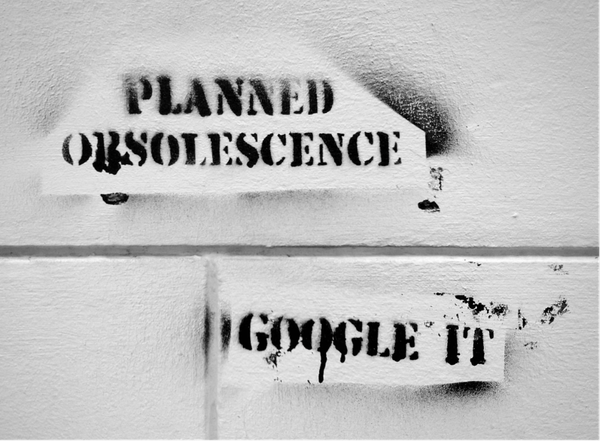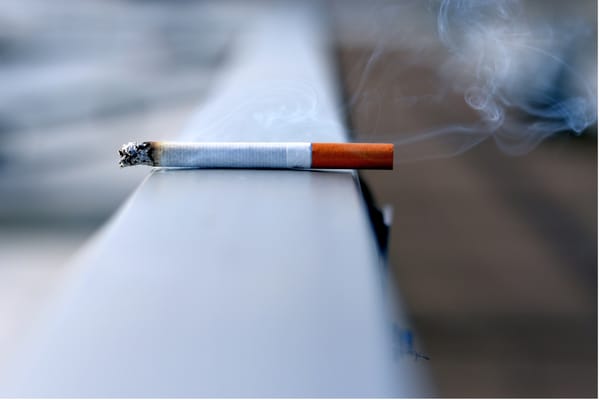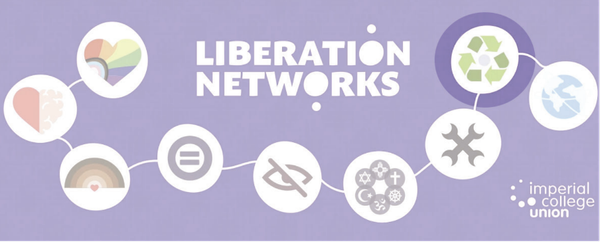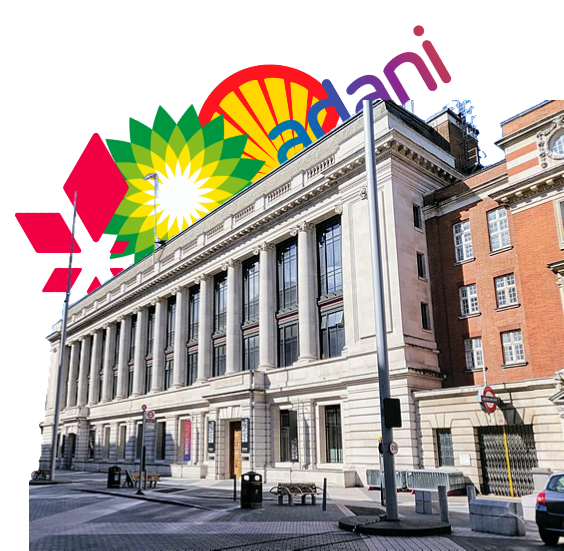What to look out for at COP28
The United Nations’ flagship conference on climate change is back and more intersectional than ever.

Delegates from around the world meet annually at the United Nations Framework Convention on Climate Change’s (UNFCCC) Conference of the Parties. Here, climate action is coordinated internationally with input from the private sector and marginalised demographics. The 28th Conference of the Parties (COP28) started yesterday in Dubai, United Arab Emirates. COP28 will include the UNFCCC’s first Global Stocktake, measuring how much countries have progressed on climate action since signing the Paris Agreement in 2015. Prime Minister Rishi Sunak, Scottish First Minister Humza Yousaf, and His Majesty King Charles III are among those representing the United Kingdom in Dubai.
COP28 will include the uNFCCC's first Global Stocktake, measuring how far countries have progressed on climate action since signing the Paris Agreement.
The host nation was not chosen without controversy, given United Arab Emirates is one of the ten largest oil producers in the world. Dr Sultan Ahmed Al Jaber, the COP28 President-Designate, is chief executive officer of the state-owned oil company Adnoc – which plans to double oil output by 2027. Calls from over 100 politicians from Europe and the United States to have Dr Al Jaber removed as President-Designate were unsuccessful. Dr Al Jaber is also chairman of the renewable energy rm Masdar, so his supporters say that his expertise in both the fossil fuel and renewable energy industries make him well suited to the role. Regardless, this presidency further adds fuel to the debate between ‘phasing down’ and ‘phasing out’ fossil fuels globally – which environmentalists hope will be resolved at COP28.
Proceedings at COP28 are divided into the Blue and Green Zones. Political negotiations will take place in the Blue Zone, which is managed by the UNFCCC and restricted to invitees. The Green Zone contains stalls and talks based on seven themes – see overleaf. There will be a Voice for Action area in the Green Zone where activists and representatives from civil society can book 30-minute or one hour slots to speak freely about environmental injustices. The Greening Education hub, also in the Green Zone, will host over 250 sessions emphasising the role of education in fighting the climate crisis. Artistic performances, film screenings, and documentary screenings will be held during the conference. At least two-thirds of the catering across both zones is vegan or vegetarian, including a 100% vegan food truck park. For the first time at a COP, the menu is compatible with the Paris Agreement target of keeping global warming at most 1.5°C above preindustrial levels.
Most days of COP28 are themed around a different aspect of the climate crisis. Some people think that focusing on different issues every day will detract from the ‘core’ climate negotiations. Others, myself included, welcome attention being given to intersectional issues neglected at previous COPs. Here are the events I am most excited for on each themed day.
3rd December: Health / Relief, Recovery and Peace
Accelerating climate action in countries and communities facing multifaceted crises: Launch of the COP28 Climate, Relief, Recovery and Peace Declaration
Countries worst affected by the climate crisis are often in need of the most humanitarian aid, because climate change makes natural disasters and conflicts over natural resources happen more often. COP28 is the first time this is being addressed on the international stage, by launching the ‘Relief, Recovery and Peace Declaration’. Experts in climate, humanitarian aid, peace building, and sustainable development helped draft the text of the declaration – which calls for more funding to be directed towards places at the frontlines of both war and climate change. The declaration recognises the importance of tailored, community-led local solutions that simultaneously address conflict and the climate crisis. These solutions should also empower marginalised groups within these communities such as women, refugees, and indigenous people.
4th December: Finance / Trade / Gender Equality / Accountability
Arab Women Leaders’ Summit with WiSER
The effects of the climate crisis vary with gender. For example, women are less likely to receive relief and assistance in natural disasters because they are less involved in decision-making and receive less education about the disasters. Climate change may also exacerbate women’s health, such as extreme heat increasing the chance of stillbirth. Women in some communities are more likely to be farmers, and climate change is making agriculture more difficult. The Women Leaders’ Summit was organised by the COP28 Presidency and Women in Sustainability, Environment and Renewable Energy (WiSER) to discuss this gender disparity. The summit brings together academics, activists, and politicians to create action plans for how to promote gender equality in climate action. WiSER is a platform founded by Masdar which provides women in the United Arab Emirates with training and mentorship on how to become leaders in green industries.
5th December: Energy, Industry / Just Transition / Indigenous Peoples
Electrifying cooking: A just journey towards net zero
A Just Energy Transition means the world getting less of their energy from fossil fuels, without harming communities currently reliant on those fuels for income or energy. For example, 2.3 billion people worldwide burn wood or other polluting fuels to cook their food, the indoor air pollution from which affects both the climate and respiratory health. Electric cooking would allow these people to move away from these sources while improving their quality of life – an example of the Just Transition. The Global electric Cooking Coalition (GeCCo) aims for at least 10% of households in at least 10 countries in the Global South to cook using electricity within seven years of the coalition being founded. In this event, GeCCO and its government collaborators will talk about the progress they have made and what the next steps are for the coalition.
6th December: Multilevel Action, Urbanization and Built environment / Transport
Formula E’s race against the climate change
Fossil fuel money is pervasive in today’s sports, from an Adnoc board member owning most of Manchester City football club to oil giant Aramco sponsoring the recent Cricket World Cup. In contrast, Formula E, a racing championship featuring only electric vehicles, has been net zero since it was founded 10 years ago. At COP28, the Formula E delegation will explain how the championship provides manufacturers with a way of testing new electric vehicle technology on the world stage. If successful, this technology can be used in regular electric vehicles – reducing reliance on fossil fuels in the transport sector.
8th December: Youth, Children, Education and Skills
Dubai youth climate dialogue + Youth Stocktake outcomes launch
Paragraph 65 of the Glasgow Climate Pact, an agreement reached during COP26, ‘invites future Presidencies of the Conference of the Parties… to facilitate the organization of an annual youth-led climate forum for dialogue between Parties and youth.’ The second of these forums will take place on 8th December. The youth forum will enable children and young people to speak directly to policymakers who, in the Global North, are used to representing the wishes of older demographics. In parallel with the main global stocktake, this event will present the ndings of a stocktake assessing how much young people have been included in climate action so far. The COP28 Presidency started the stocktake process at the Bonn Climate Change Conference earlier this year alongside the Youth Climate Champion, a role within the COP28 leadership team speci cally to amplify the voices of those under 35 years old.
The youth forum will enable children and young people to speak directly to policymakers.
9th December: Nature, Land Use, and Oceans
Coral conservation in the Red Sea – A story of regional collaboration
Corals in the Red Sea have evolved to be unusually heat-stable. While corals around the world are bleaching as a result of global warming, conservationists are turning to the Red Sea to figure out how to stop this. However, over fishing, tourism, and oil extraction have exerted pressure on the Red Sea’s coral reefs and wider biodiversity. This threat was recognised as far back as 1982, when seven countries signed the legally binding Jeddah Convention to conserve biodiversity in the region. At COP28, a panel will share more insights into how countries are working together to protect this unique ecosystem.
10th December: Food, Agriculture and Water
Accelerating food systems transformation: Multi-stakeholder action
Farmers, fishermen, businesses, and other nonstate stakeholders have developed a ‘Call to Action for Transforming Food Systems for People, Nature, and Climate’, which will be launched at this event. Signatories want to help each other and governments transform food systems in ways that empower women and young people and respect the rights of indigenous people. They call for national governments to redirect subsidies away from farming practices that harm nature, and for climate and nature risk disclosures to be compulsory. The event will announce more ways different stakeholders are transforming the food system, and highlight what has already been done.









